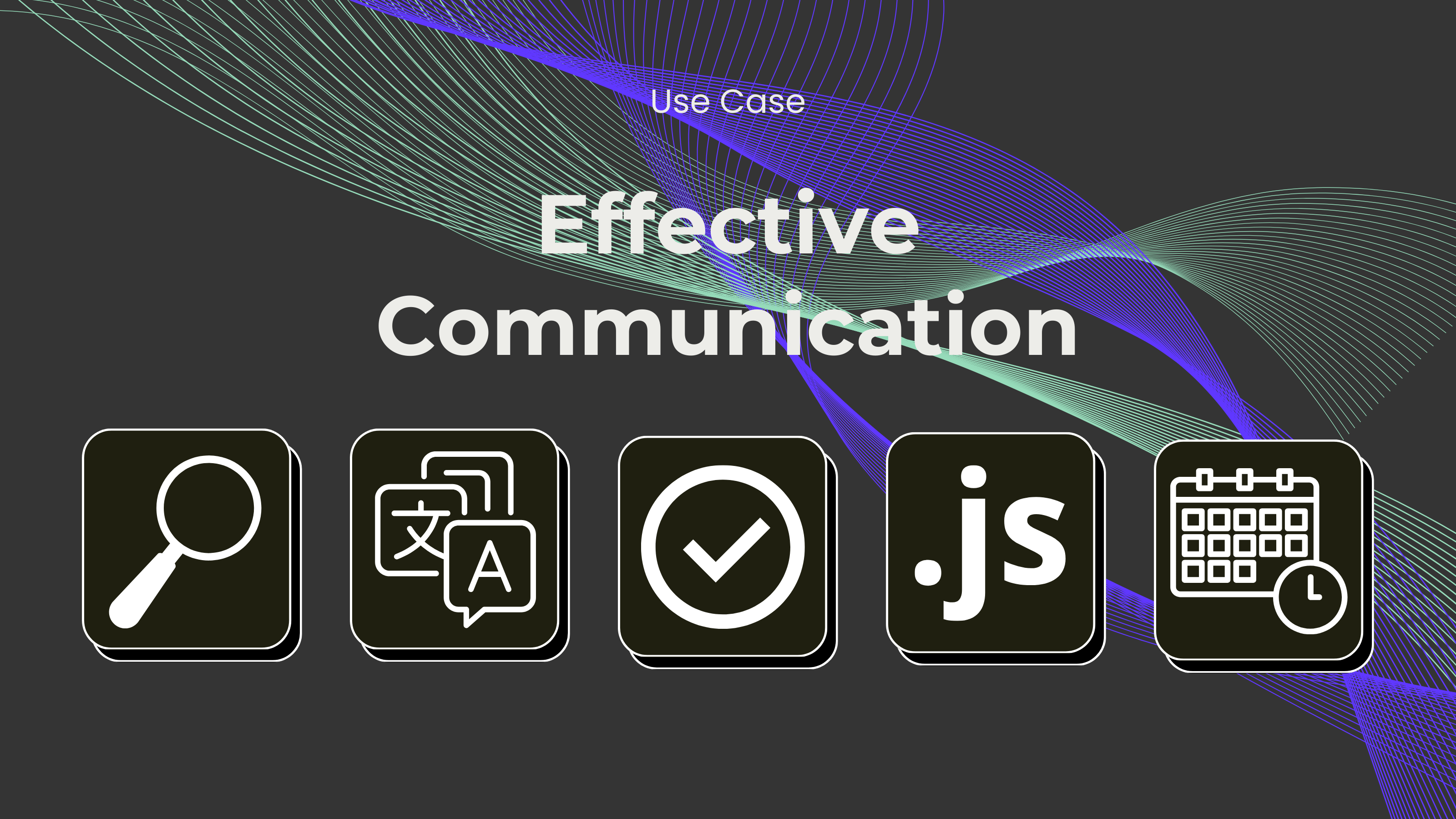All posts
Yedra
Meet Yedra, our TypeScript web framework designed to accelerate app development, enhance reliability, and improve documentation. In this blog, we delve into Yedra's use of open-source libraries, its automatic data validation and OpenAPI documentation features.
0CodeKit Complete Handbook
In this blog, we delve into the Complete Handbook, designed to enhance your development experience. Discover key features and learn how to maximize 0CodeKit's potential through integrations, HTTP requests for custom endpoints, and more.
Partnering with natif.ai
This blog announces a partnership with natif.ai to enhance document automation via a new API endpoint, launching at the end of October. natif.ai, a German AI startup, offers advanced OCR, document pre-processing, classification, and precise data extraction.
PDF & Image Text Extraction Tutorial
This blog presents an automation solution to efficiently summarize text from PDFs, scans, and images, storing results in Dropbox. By leveraging 0CodeKit features, users can streamline the time-consuming process of gathering and summarizing information.
E-Invoicing with Factur-X and ZUGFerD
This blog discusses the increasing adoption of e-invoicing in Europe following the EU Directive 2014/55/EU. With e-invoicing becoming mandatory by 2026, 0CodeKit introduces features for validating and embedding invoices compliant with the ZUGFerD/Factur-X standards.
Get Started with 0CodeKit Tutorial
This blog introduces 0CodeKit, a platform offering no-code and low-code development tools through APIs and automation. With over 140 endpoints across categories like AI, PDF, and business, it enables users to create apps without extensive coding knowledge.
Endpoint Usage Data on 0CodeKit
This blog highlights the importance of endpoint management on 0CodeKit's platform. Effective control of endpoint usage enhances performance and cost-efficiency. By utilizing the usage table and data visualization, users can monitor credit consumption.
Custom Code Execution Tutorial
This blog introduces 0CodeKit's code endpoints, which allow users to execute custom JavaScript or Python code within automation platforms. Users can set up these endpoints easily without advanced coding skills, providing a connection with 0CodeKit via an API key.
How to Solve Common Python Code Issues
This blog addresses common issues when using Python with 0CodeKit and provides solutions. For example, if unavailable dependencies are needed or the code execution exceeds the time limit, users can use the "Execute async Python" endpoint to solve them.
API Testing and Monitoring with Error Handlers
This blog explores the importance of error handlers in maintaining reliable automated systems, using a scenario in Make with 0CodeKit to demonstrate handling errors. Error handlers prevent small issues from escalating and ensure processes continue smoothly.
AI with Model Context Protocol
Explore how Anthropic's MCP enhances AI model connectivity with real-time data sources. In this blog, we discuss MCP's client-server architecture, its rapid adoption and practical use cases like healthcare data access and automated meeting scheduling.
The Impact of Remote Work on Multimedia Creation
In this blog, we explore how remote work, spurred by COVID-19, has transformed multimedia creation. Discover how audio and video production has evolved with AI technology, flexible editing tools, and platforms that merge audio with video.
DALL-E vs. 0CodeKit
In this blog, we explore how Generative AI is revolutionizing content creation by comparing OpenAI's DALL-E and 0CodeKit's Generate an image endpoint. Learn about their features, pricing plans, and how they enhance creative workflows.
GDPR & The Redact PDF Endpoint
In this blog, we explore how 0CodeKit's Redact PDF endpoint ensures compliance with GDPR, a data regulation protecting personal information in the EU. Learn how the endpoint supports GDPR principles like data minimization, explicit consent, and more.
AI & OCR for PDF Redaction
In this blog, we delve into how AI and OCR technologies optimize PDF redaction processes. Discover how OCR extracts machine-readable text, while AI algorithms enhance accuracy, categorize sensitive information, and ensure context-aware redaction.
.png)

